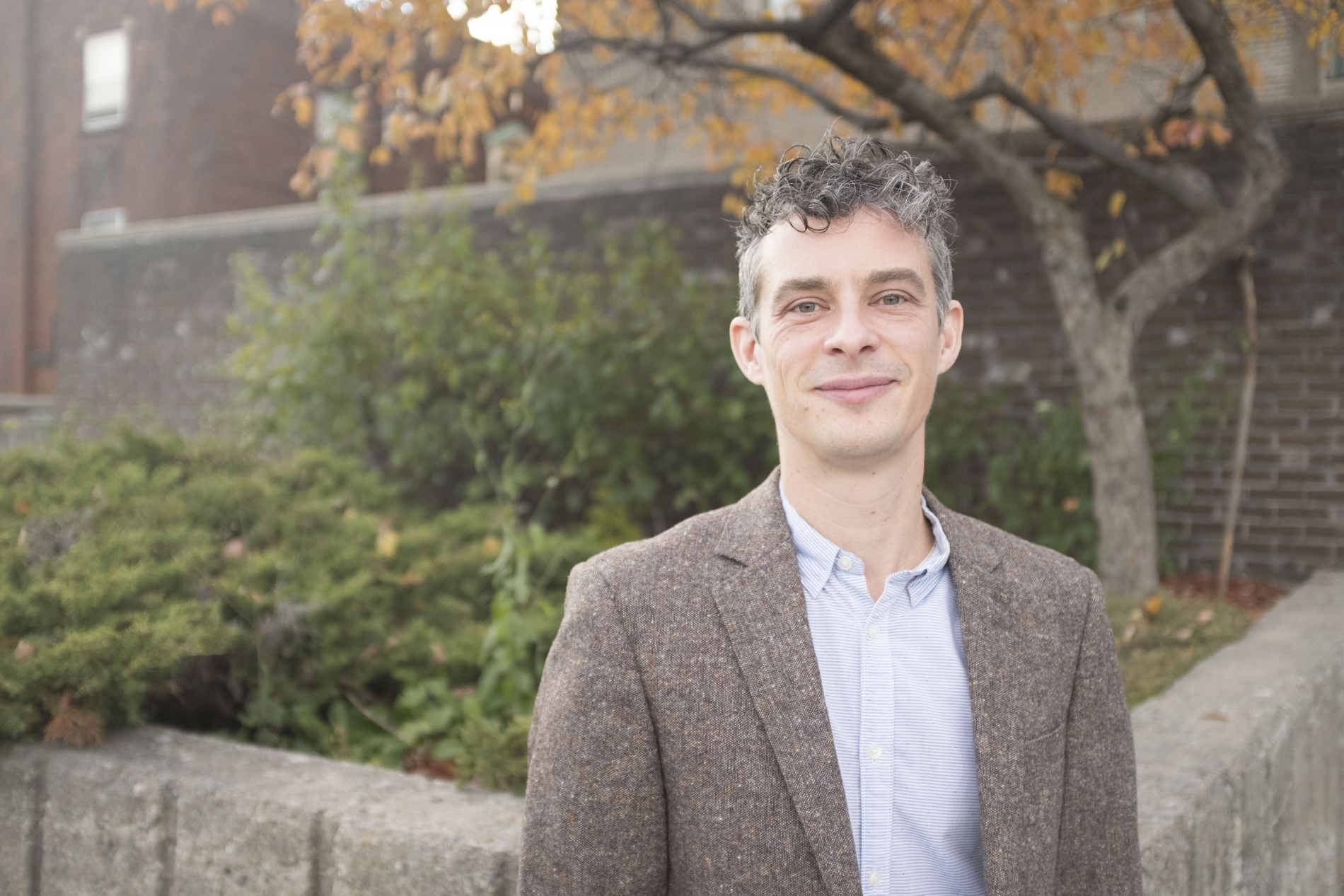
What can a university do to act in accordance with the climate and sustainability science it produces? According to the Intergovernmental Panel on Climate Change (IPCC), it must transform.
Over the past twelve months, the IPCC published the three instalments of its Sixth Assessment Report (AR6), with each of its working groups examining the “scientific, technical and socio-economic knowledge on climate change.”
Sharing the latest science, the reports paint a picture of our fight against climate change and journey toward climate resilient development.
The picture they paint, says Blane Harvey, PhD and Assistant Professor in the Department of Integrated Studies in Education, is one of a “more and more extreme need for action.”
To keep the goal of limiting global warming to 1.5C within reach, he says, society will “need these two things: system transitions and transformation,” and these cannot happen without a transdisciplinary approach that draws on all facets of our communities. In its Working Group II report, Impacts, Adaptation, and Vulnerability, published in February 2022, the IPCC stressed the need to not rely on nature alone as the only fix to the climate crisis. To increase climate resiliency, it says, our daily habits and practices need to change, and that involves rethinking training and education.
Actions that transform whole systems like transportation, food production, and education are incredibly complex and require the contributions from a wide range of people, says Harvey. “We need to pay attention to equity and justice, knowledge diversity, inclusion. It’s not a technical fix.”
At the core of that, he explains, is rethinking the role of higher education institutions as arbiters of knowledge.
If we want to contribute to these kinds of deep changes, “we can’t be the gatekeepers of knowledge, but rather convenors of conversations that bring in a bigger diversity of voices,” says Dr. Harvey. “Our own complicity in creating elitism around knowledge are challenges to action right now.”
Related to that, he says, is introducing students to transdisciplinary work that creates links between the social and physical sciences and moves “beyond academic knowledge” to create space for the experiential knowledge of communities, indigenous knowledges, and more.
“We need to think differently about what it means to prepare learners for the challenges that we face.”
Taking action on campus
One example of transformations happening on the ground at McGill, Harvey offers, was a recent course offered by Faculty of Education, open to students from any department and at any degree level.
The course partnered students from different disciplines with community organizations and schools around Montreal to explore and offer solutions to climate and sustainability challenges they were facing. He explains that it allowed students from Animal Science, Education, Engineering, and the Bieler School of Environment, for example, to develop resources that that many of these groups are using today.
Another example of multidisciplinary sustainability work that pushes McGill researchers to think beyond their main area of expertise is the McGill Sustainability Systems Initiative (MSSI). Research projects that come out of the MSSI often “wouldn’t have happened if people were just working within their departmental silos,” he says.
Now, Harvey says, it is our challenge to ask: “How do we scale up that kind of an experience?”
Institutions like McGill, he says, are similar in scale to large towns, with a population of nearly 50,000 students, staff, and faculty. By implementing large-scale transformations on its campuses, it can “model ways forward.”
Moving toward carbon neutrality
As McGill approaches its own net-zero target – to become carbon neutral by 2040 – Harvey says the University has the opportunity to explore “the kinds of structural changes and incentives … that need to be in place to achieve lasting transformations.”
Those changes begin with reducing the University’s greenhouse gases wherever feasible, through the electrification of its energy system with $1.8 million from the federal government’s Low Carbon Economy Fund and an Electric Vehicle Subsidy to transition the University’s vehicle fleet away from gas-powered vehicles, for example.
However difficult-to-reduce emission remain, namely those from research- or conference-related air travel and daily commuting.
While some may be sequestered through carbon sinks on McGill-owned properties, including the Gault Nature Reserve and the Morgan Arboretum, remaining emissions will have to be addressed. This will be done in part through a carbon offsetting project established in partnership with Indigenous communities in Panama, which also supports knowledge generation and capacity building.
Harvey’s Leadership & Learning for Sustainability Lab has equally been exploring low-carbon alternatives to academic air travel to help tackle this challenge. Prior to the COVID-19 pandemic, University-related air travel accounted for about 14 percent of McGill’s emissions. The results of this research will influence the format of a major international climate conference that will be hosted in Montreal in 2023.
“Yes, we need whole system change. But we shouldn’t just sit and say, ‘Well until the system is completely transformed, we can’t do anything,’” says Harvey. “I think we can start acting within our University community and in partnership with spaces where we already have collaborations with to make sure … we’re making movement.”
